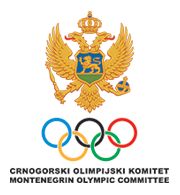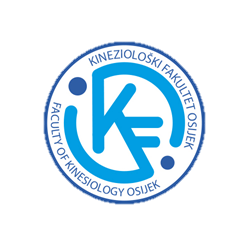















Abstract Model
Exercise for Cognitive Health as a Proxy for Social Inclusion of Older People: A Systematic Review
Stevo Popovic1,2, Dusko Bjelica1, Jovan Gardasevic1
1University of Montenegro, Faculty for Sport and Physical Education, Niksic, Montenegro, 2Montenegrin Academy of Sciences and Arts, Center of Young Scientists, Podgorica, Montenegro
Some previous studies suggest social isolation is associated with poor cognitive health in later life, while cognitive outcomes may increase social inclusion of older people and cognitive health may be an important aspect of healthy ageing. PURPOSE: The goal of this study is to review available literature on research related to relationship of exercise for cognitive health and social inclusion of elderly. METHODS: Specific key words "exercise", "cognitive", "health", "social", "inclusion", "elderly", and "people" were used to search relevant electronic databases, such as PubMed, Web of Science and Scopus. The research was conducted according to PRISMA guidelines. RESULTS: Studies that fit the inclusion criteria such as containing the data with the publication time that was from 2008 and later, and describing various exercise related to improvement of cognitive health, were reviewed. Results have showed that beneficial effects of exercise on cognitive health of older people have been observed. The dose of exercise is mostly recommended to be on the level of an hour a day, and three times a week, while the most applicable are aerobic, strength training exercises and yoga, and its combination, all in order to increase cognitive health. CONCLUSION: The findings suggest that various exercise may benefit global-cognition, attention and cognitive control, as well as improve the social inclusion of older people.









